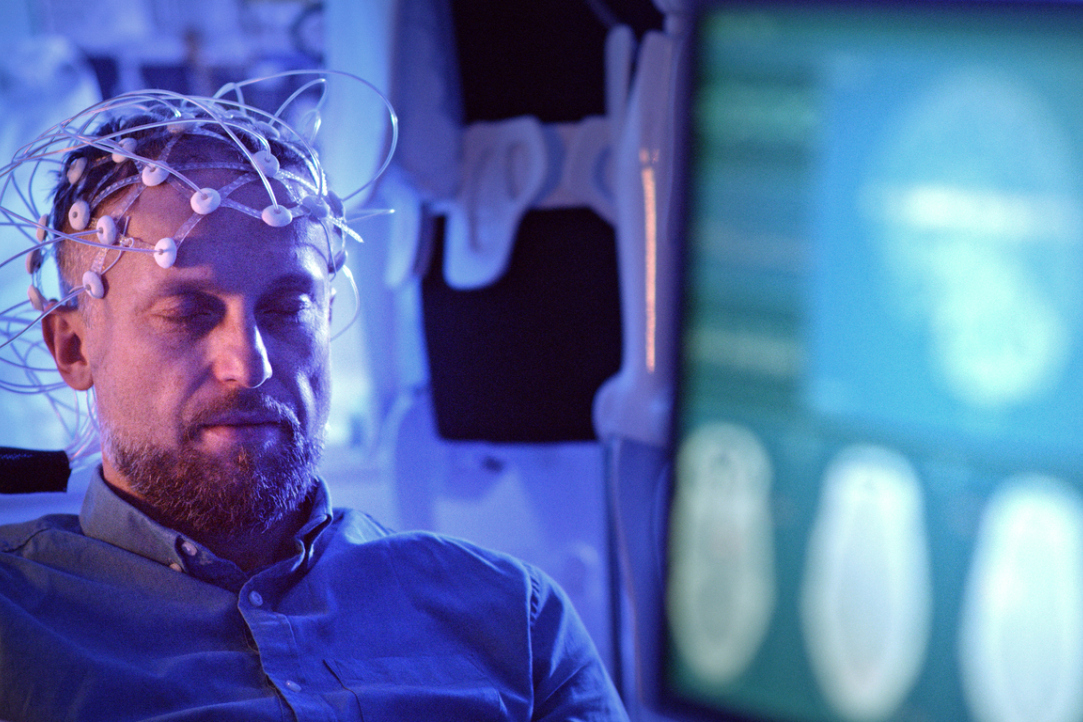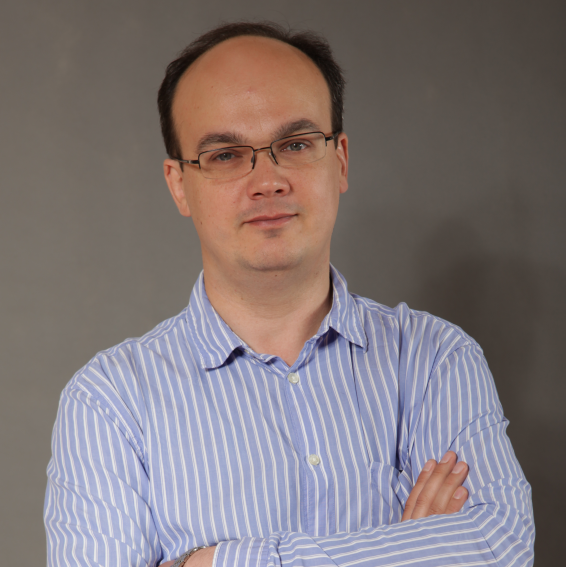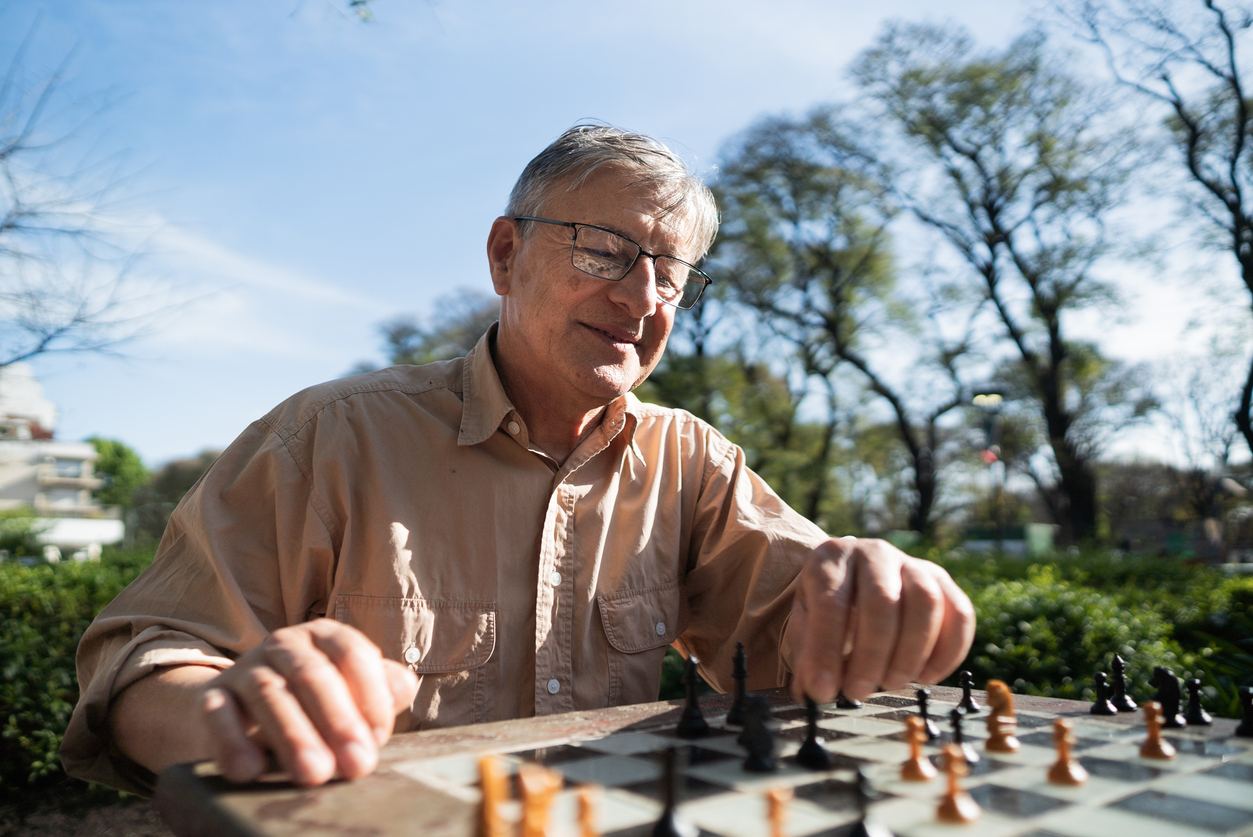Research Centre for Cognitive Health and Intelligence Opens at HSE University

The new research subdivision will focus on both the fundamental and applied aspects of human intelligence studies. The goal is not only to investigate the brain's cognitive mechanisms but also to devise strategies for enhancing and sustaining cognitive well-being. Led by prominent Russian and international scientists, the centre will pursue several research areas with main foci on intellectual functions and their operation under various conditions, the mechanisms of language communication, bilingualism and cognitive reserve, and the role of sensorimotor systems in cognitive processes.
Aptly named Cognitive Health and Intelligence Centre (CHIC), the new research centre is set to start operating at HSE University. The new subdivision within the Institute for Cognitive Neuroscience is envisioned as a flagship centre for research on human cognitive functions. Priority areas include the research into the formation of cognitive reserve (protective mechanism that mitigates and slows down negative processes associated with aging and brain pathologies), the neurocognitive foundations of intellectual performance, as well as neurobiological studies of learning and memory. Moreover, for the first time at HSE University, the new centre will include a team specialising in behavioural genetic research.
The director of the new centre is Prof. Yury Shtyrov, PhD, Leading Research Fellow and Academic Supervisor at the Institute for Cognitive Neuroscience. He is a renowned global expert in neuroscience and cognitive science, with over 150 publications in leading international journals. Prof. Shtyrov has extensive experience working at international universities and research centres, including those in Finland, the United Kingdom, Sweden, Australia, and Denmark, and has been involved in conducting research at the HSE University since 2014.

Prof. Yury Shtyrov, PhD, Leading Research Fellow and Academic Supervisor at the HSE Institute for Cognitive Neuroscience
For many years, we have successfully conducted studies on various aspects of the brain's language functions, particularly bilingualism. Over time, the scope of our research has expanded more and more, and now we are setting increasingly ambitious goals: to study the functioning of cognitive mechanisms both under normal conditions and during their decline, eg in pathologies, with ageing, as well as to develop approaches and techniques to counteract these processes. In addition, we will examine the interplay of genetic, environmental, and behavioural factors that influence intellectual functions, while exploring new approaches to enhancing learning processes.
The centre's researchers will focus on five key areas.
Behavioural genetics (sometimes called Psychogenetics) will for the first time become a distinct field of research at HSE University. Studies in this area will focus on the genetic and environmental processes related to cognitive functions, psychological well-being, and education. Yulia Kovas, a leading international expert in genetics and psychology and Professor Emerita at Goldsmiths College, University of London, will lead the centre's work in this area.
A team led by Olga Shcherbakova, PhD in Psychology, Associate Professor, Leading Research Fellow at the HSE Institute for Cognitive Neuroscience and St Petersburg State University, will investigate the psychological foundations of intellectual success. Important research topics include the specifics of conceptual thinking, as well as the cognitive architecture of reading and comprehension processes, which are undergoing significant transformations in the present digital age. Studies in this area will help foster the development of effective cognitive skills that underpin intellectual progress and are also crucial for improving the education system.
The third research area, focused on bilingualism and cognition, with a particular emphasis on the formation of cognitive reserve, will be led by Jubin Abutalebi, Professor at the Vita-Salute San Raffaele University in Milan, Italy. He is a leading figure in the field of the neuroscience of bilingualism and is currently the editor-in-chief of the international journal Bilingualism: Language and Cognition. The team will study several aspects of bilingualism-related cognitive effects, such as the foreign language effect. The team´s main focus will be the processes of ageing and the preservation of cognitive well-being, which is particularly important given the increasing life expectancy and progressive ageing of the population. Understanding the mechanisms that can delay the onset of age-related changes in brain activity will, in the long term, extend the period of a healthy, intellectually fulfilling life and reduce the burden on healthcare and social security systems.

A team led by Andriy Myachykov, Leading Research Fellow at the Institute for Cognitive Neuroscience, will study the role of sensory and motor systems in complex cognitive processes, such as understanding concrete and abstract word meanings, comprehending concepts of number and magnitude, and examine the complex interplay between language, perception, attention, and motor control.
Finally, the director of the new centre, Yury Shtyrov, will lead a team studying the mechanisms of memory and learning using state-of-the-art neuroimaging and neurostimulation methods. The knowledge of how to influence the brain to help a person acquire information, memorise new vocabulary, or learn something, has applied potential not only in educational settings but also in clinical work, eg with language and development disorders and the loss of cognitive functions due to injuries or diseases. Additionally, among the developmental disorders planned for investigations are autism spectrum disorders (ASD), with a focus on perception and social interaction in individuals with ASD.
'Overall, within the framework of the new centre, we conduct research on both the intellectual and communicative functions of the brain, as well as the specific aspects of how information is represented in human mind and brain. All of these research areas are well in line with cutting-edge global scientific trends, and we have successfully assembled a team of leading specialists in these fields. We plan to maintain close cooperation with various HSE laboratories and other Russian research centres, as well as international research organisations, and work on the implementation of large-scale national projects, including those aimed at studying the factors of cognitive ageing and preservation of cognitive well-being,' said Professor Shtyrov.

